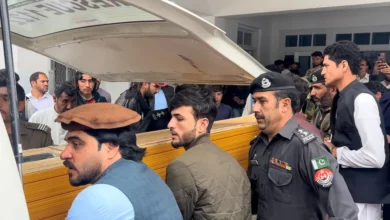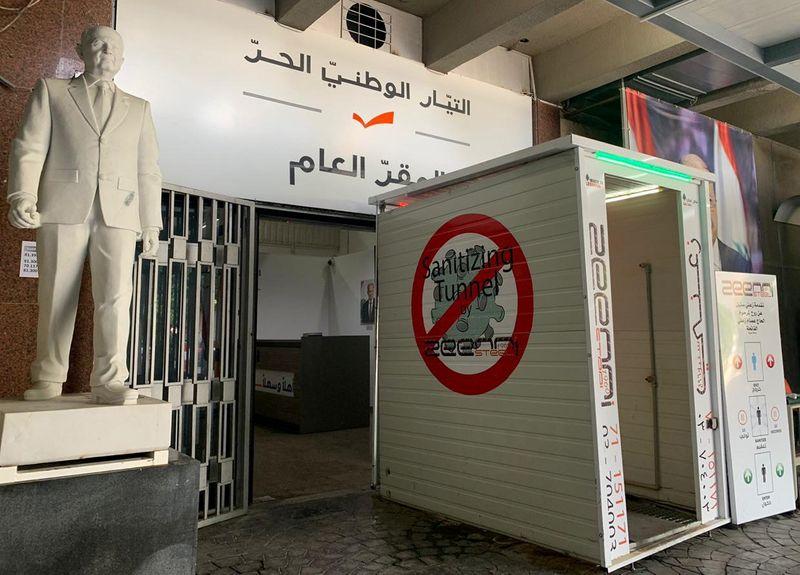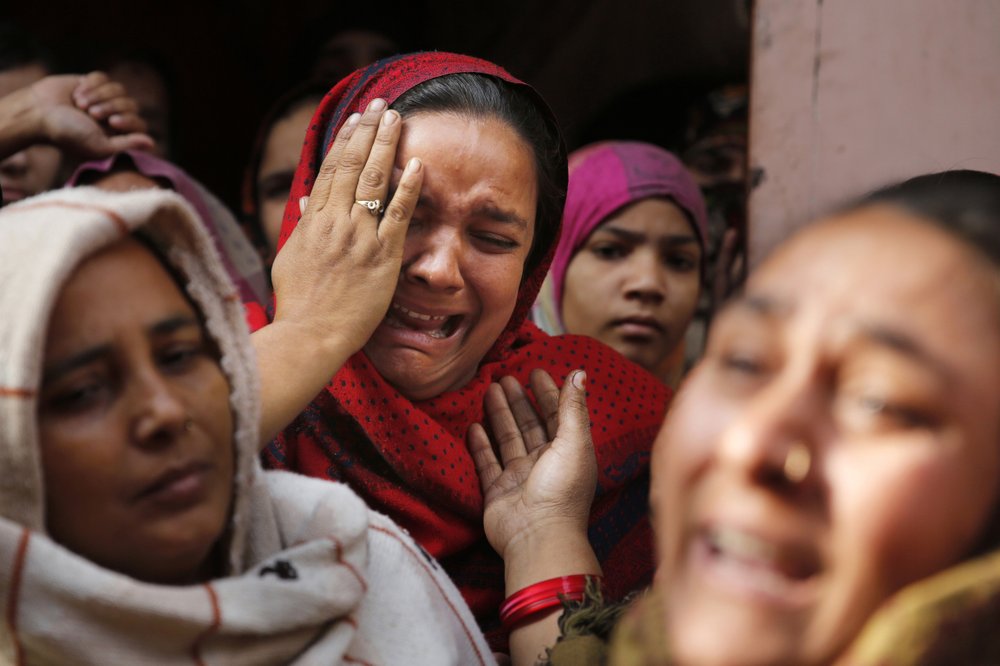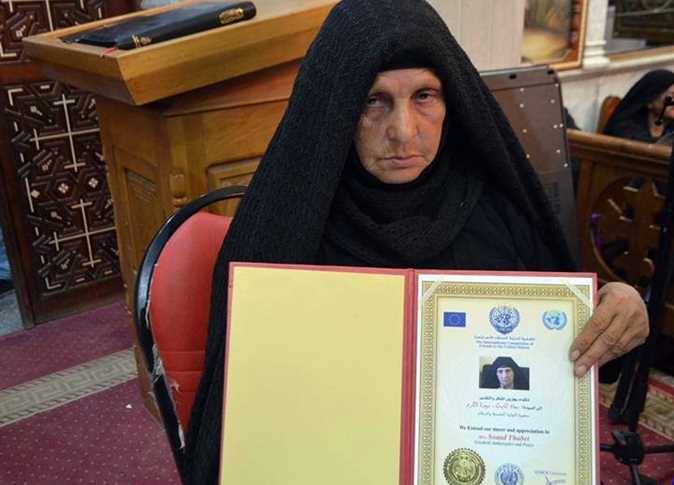
Nine car bombs exploded in Shiite-majority areas of Baghdad province on Sunday, killing at least 30 people and pushing the October death toll from Iraq violence past 620, officials said.
The wave of blasts, which hit seven different areas in and around the Iraqi capital, also wounded more than 70 people, the security and medical officials said.
One of the worst-hit neighbourhoods was Shaab in north Baghdad, where two car bombs exploded in a commercial area, killing at least five people and wounding at least 17.
Blasts also struck the areas of Bayaa, Baladiyat, Mashtal, Hurriyah and Dura in Baghdad, and Saba al-Bur near the capital.
Sunni militants often carry out attacks targeting members of Iraq's Shiite majority, whom they consider apostates.
Violence in Iraq has reached a level not seen since 2008, when the country was just emerging from a brutal sectarian conflict.
The surge in bloodshed this year, which has included sectarian attacks, has raised fears Iraq may relapse into the intense Sunni-Shiite conflict that peaked in 2006-2007 and killed tens of thousands.
Analysts say the situation has been worsened by the Shiite-led government's failure to address the Sunni Arab minority's grievances — including political exclusion and alleged abuses by security forces.
The level of violence spiked after security forces stormed a Sunni protest camp in northern Iraq in April, sparking clashes in which dozens died.
The authorities have made some concessions aimed at placating the protesters and Sunnis in general, such as freeing prisoners and raising the salaries of Sunni anti-Al-Qaeda fighters, but the underlying issues remain unaddressed.
More than 600 people have now been killed so far this month, and more than 5,300 since the beginning of the year, according to AFP figures based on security and medical sources.
A study released this month by academics based in the United States, Canada and Iraq said nearly half a million people have died from war-related causes in Iraq since the US-led invasion of 2003.
In addition to major security problems, the Iraqi government has failed to provide adequate basic services such as electricity and clean water, and corruption is widespread.
Political squabbling has paralysed the government, while parliament has passed almost no major legislation in years.




